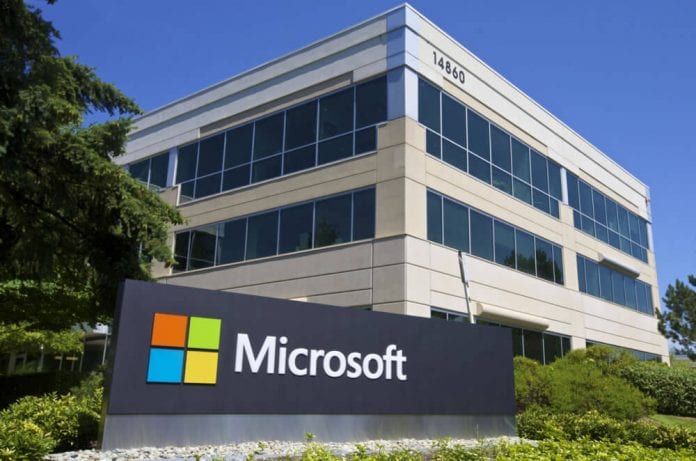
President of the United States, Barack Obama, just released a list of appointees to the Commission on Enhancing National Cybersecurity. The list contains more or less people who were expected to be on the list: some tech academics, higher-up personnel from the big players in the tech world and the former director of NSA, General Keith Alexander.
The General, who was responsible for the massive expansion of surveillance apparatus during his tenure as the director of the NSA, is the first person on the list. The other people on the list are as follows:
- Annie I. Antón, Chair of the School of Interactive Computing at the Georgia Institute of Technology
- Ajay Banga, president and CEO of MasterCard
- Steven Chabinsky, Chief Risk Officer, and General Counsel to CrowdStrike
- Patrick Gallagher, Chancellor, and CEO of the University of Pittsburgh
- Peter Lee, CVP of Microsoft Research (and former director of a DARPA initiative)
- Herbert Lin, cyber policy and security researcher at Stanford
- Heather Murren, investor and Board of Trustees, member at Johns Hopkins University
- Joe Sullivan, chief security officer at Uber (and previously at Facebook)
- Maggie Wilderotter, longtime (but former) CEO of Frontier Communications
So what is the whole purpose of the commission you ask?
This is just a part of the president’s overhaul of the policy of government tech, the Cybersecurity National Action Plan. The Commission’s announcement is the first highlight of the campaign.
The Commission is advisory only in its capacity, and can make short and long term recommendations to the president about issues about public safety, privacy and partnerships in tech that the government might get into.
The Commission will most likely present its final report to the President by the 1st of December if all goes according to plan. This might be too little too late however for the outgoing president who will leave office in January. Most people did not expect any sweeping reforms to be made during this election season so the onus will be on the incoming president to make the changes. This, in turn, gives the commission real time to do research and establish their own subcommittees if they may.
The Commission also has to make periodic public meetings.








